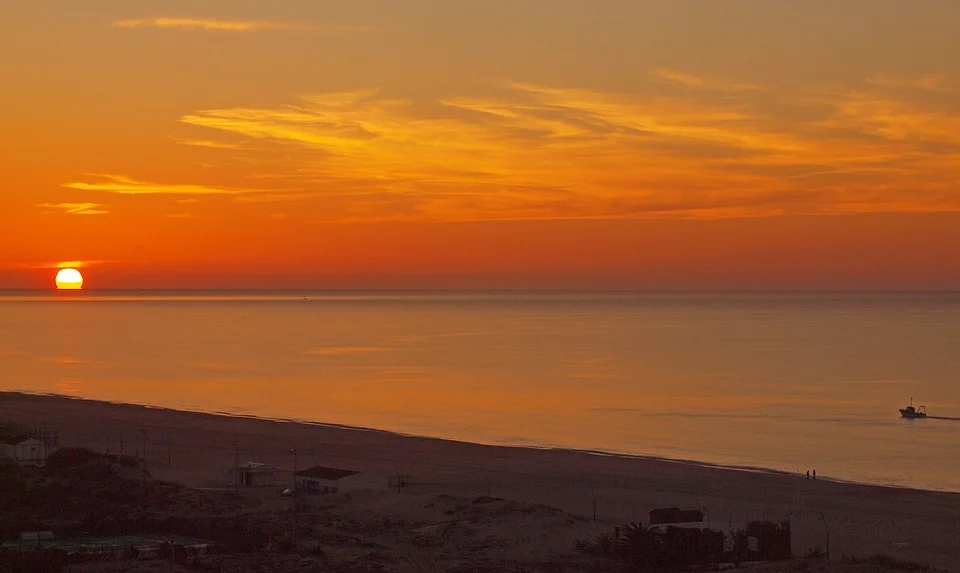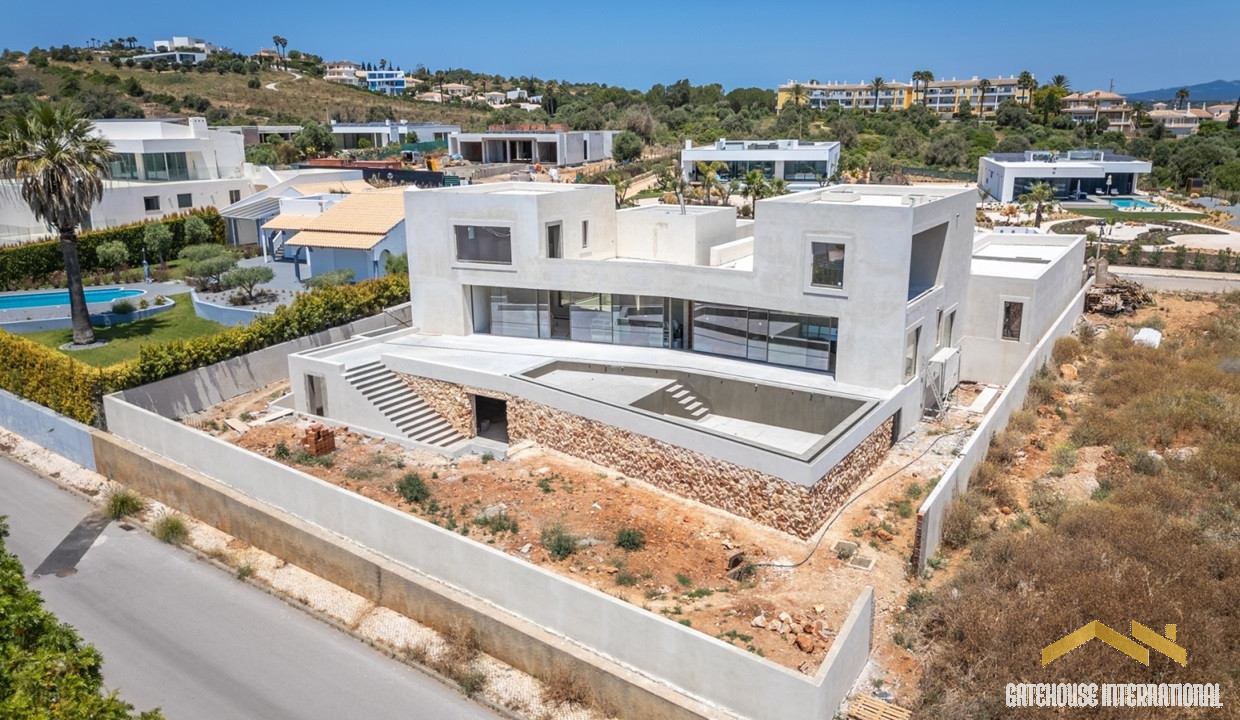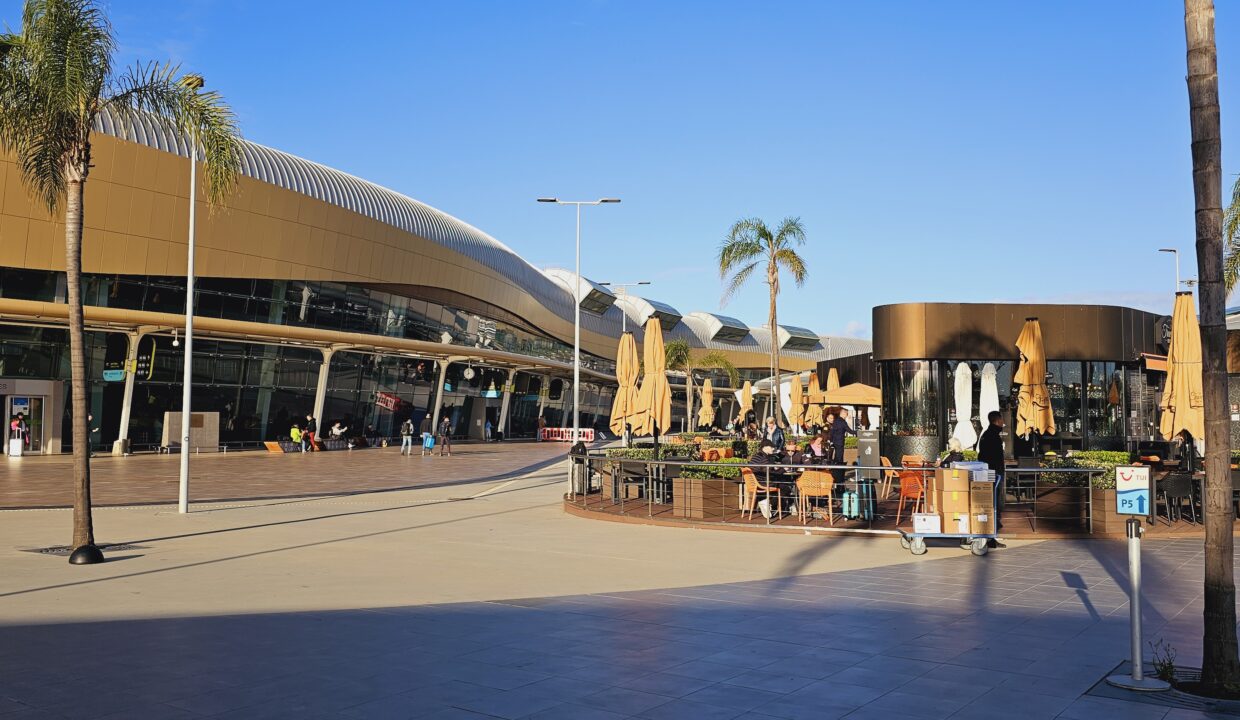What is the Weather like in Algarve
The most popular reason for moving to the Algarve
With lots of English ex-pats moving to Portugal for a variety of reasons, we take a look at the main one.
A quick overview of the Portuguese Weather
The number one reason has to be the warm climate. Portugal has a fairly warm climate, which varies by region: As to be expected the south is much warmer than the North, the northwest can be quite rainy, and the northeast is blessed by long and warm summers.
The warmest month in Portugal is in August. In Lisbon, the average daytime temperature is over 27° Celsius and can reach a high of 40° and over. The sea is warmest in August and September and its temperature ranges from 14° to 20° throughout the year.
There are warm winters. The average daily temperature in January in Portugal is around 14° in winter. It rarely snows and when it does, the snow melts quickly. It is more common in mountainous areas of the North.
For those looking to buy a property in the Algarve we have a large selection of villas and apartments for sale – Check them out here
So, again what is the weather like in the Algarve?
On average there are over 300 days producing 3,000 hours of sunshine in the Algarve making it one of the sunniest regions in Europe and comparable to California in the USA.
The climate in the Algarve is drier than in other parts of Portugal it is said the Monchique mountains hold back the clouds, rain and colder weather from the North. The interior areas of the Algarve can be really hot and dry in the summer months being sheltered and the lack of a sea breeze.
This sometimes leads to forest fires, especially in the forest areas of Monchique. The east of the Algarve is usually a little hotter and drier than the west of the Algarve, because of the influence of the Atlantic Ocean in the west.
Create a Property Alert for the Algarve
In general, it rains very little in the Algarve and the area is always subjected to drought conditions. Most of the rain falls in the period from November until the end of March. The summer is usually quite dry. In the winter it rarely gets below 5 degrees Celsius (32 degrees Fahrenheit) and it rarely snows to the south of Monchique. The last occurrence was recorded in 2006, before that it was almost 70 years ago.
The seawater in the Algarve is around 20° Celsius (68° Fahrenheit) in summer and 16 degrees Celsius (61° Fahrenheit) in winter. The sea water is generally warmer in the east of the Algarve than in the west of the Algarve this can be credited to the influence of the Atlantic Ocean and Mediterranean winds.
You can check out the weather forecast for the coming 14 days here.
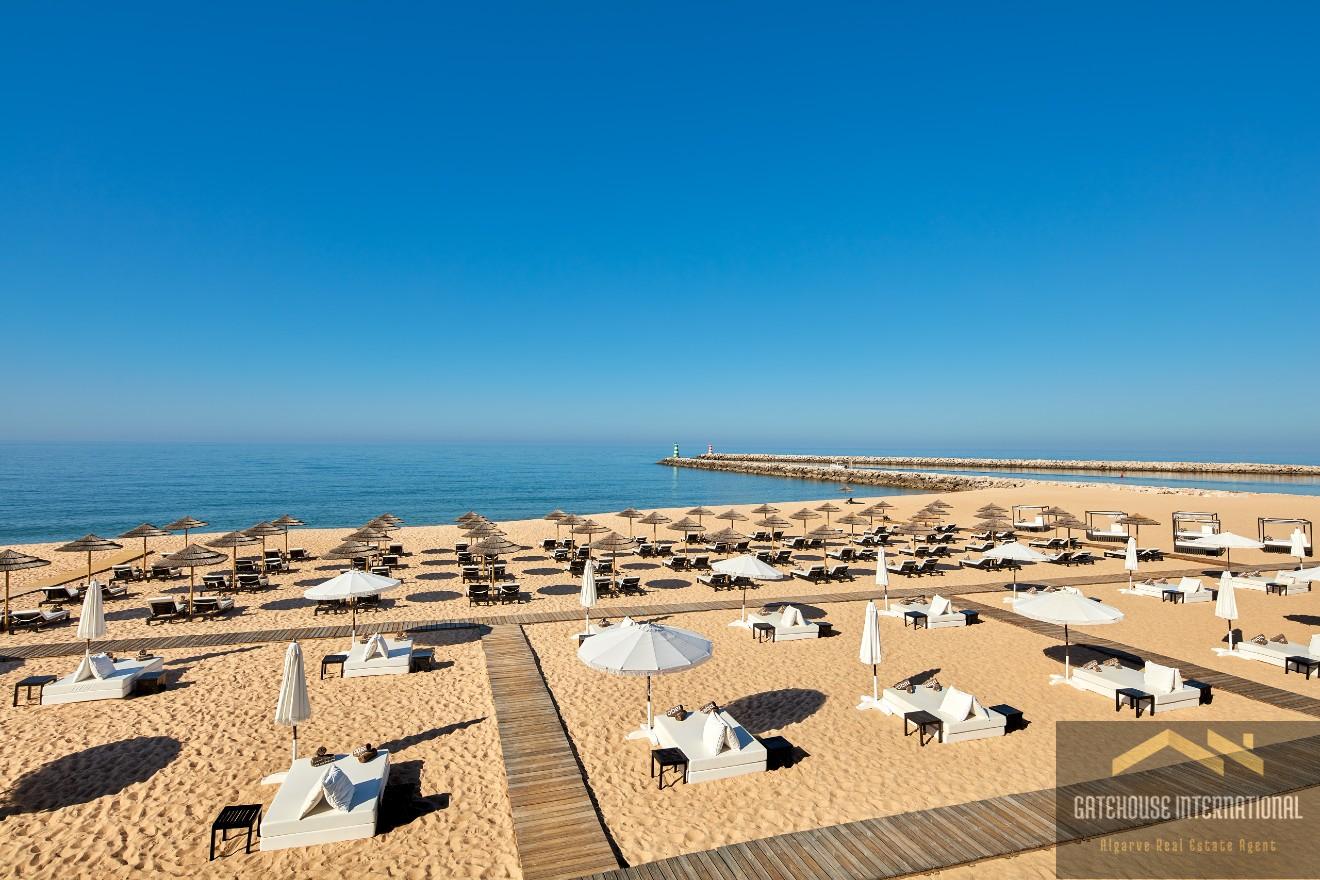
Turning Solar to Combat Climate Change
Climate change is making the Algarve dryer. It has become hotter with less rain. Forest fires are becoming more frequent. Sea levels are rising, which is affecting the coastal regions. It is also affecting agriculture, fishing and the wine regions. However, the beaches are attracting more visitors. In an attempt to reduce the effects of climate change, they are beginning to use clean energy and direct energy more efficiently.
Portugal has already built Europe’s largest floating solar park, with over 12,000 solar panels and aims to increase this over the next few years.
Many hours of sunshine and warm Atlantic winds have helped Portugal accelerate its shift to renewables.
By using floating panels they are avoiding the more costly solution of land-based options. If built on reservoirs already in use for hydropower they are very cost-effective as they can plug into the existing links and then directly to the power grid.
Portugals Floating Island of Solar Panels
Similar panels are in use in China covering polluted industrial reservoirs and have also been installed in California in a bid to cut CO2 emissions.
Two tugboats moved a vast expanse of 12,000 solar panels, the size of four football pitches, to their mooring on Portugal’s Alqueva reservoir just above the Algarve in the Alentejo region.
Built by the country’s main utility company EDP on Western Europe’s biggest artificial lake, the shiny floating island is part of Portugal’s plan to cut reliance on imported fossil fuels as prices have risen since Russia’s invasion of Ukraine.
Blessed by long hours of sunshine and Atlantic winds, Portugal has accelerated its shift to renewables. But even though Portugal uses almost no Russian hydrocarbons, its gas-fired power plants are feeling the squeeze of rising fuel prices.
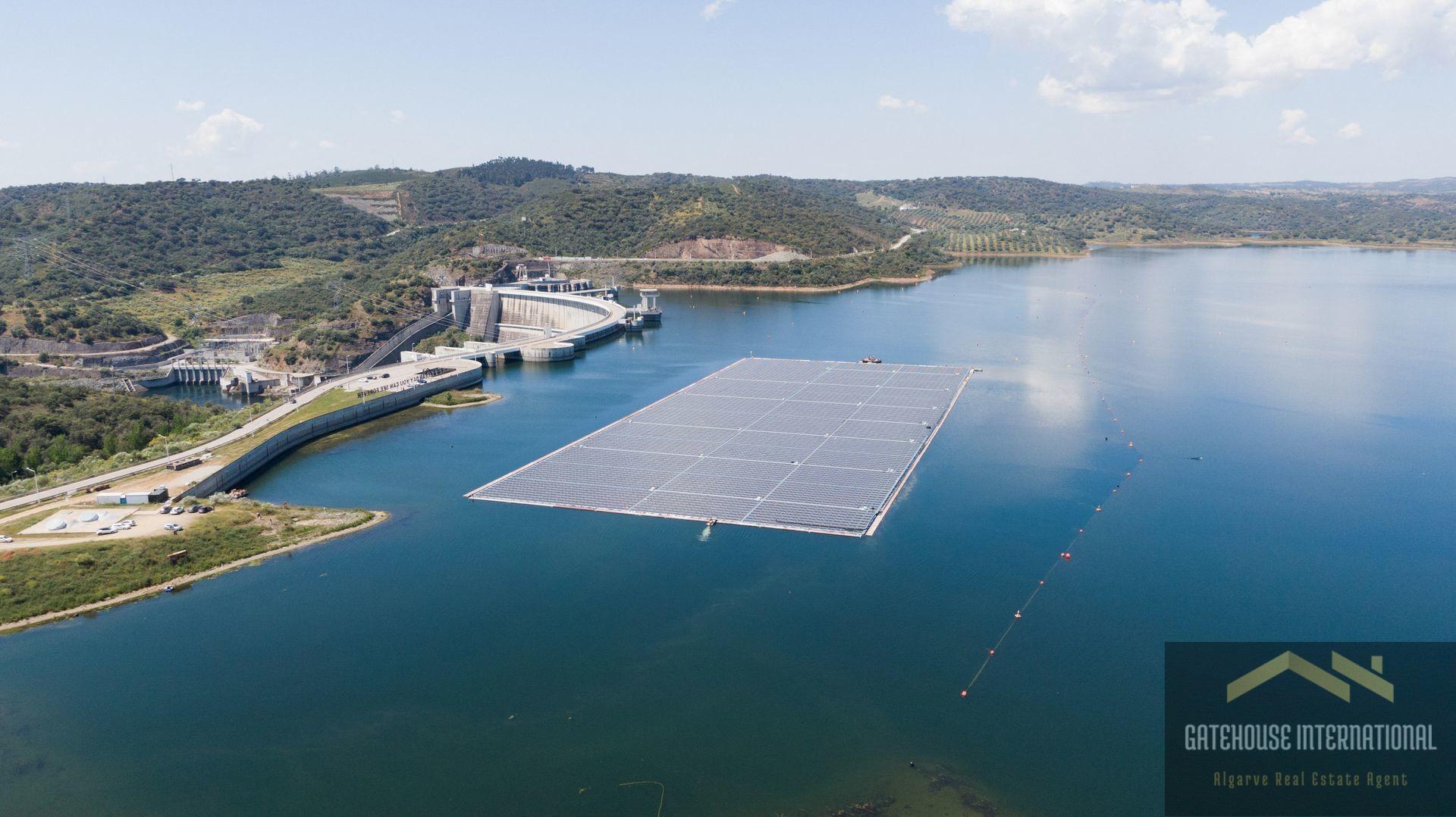
To Conclude and some wise words
The weather in the Algarve is wonderful. The change from the UK is vast, no more life indoors and cold dark winter mornings and nights. No more persistent rain and wind and certainly no snow! You can actually plan a BBQ or outside event without worrying about having to cancel because of the weather. The lifestyle is so different you actually feel free, the couch potato is no more. Tourists pay thousands just to visit a place we call home and come back year after year. As an Algarve resident, I consider myself truly lucky. Start your move to paradise and take the plunge of a lifetime for a better life for both yourself and your family.
Check Out Our Latest Algarve Properties for Sale
Luxury 4-bedroom villa in Vale do Lobo Golf Resort, Algarve
This 370 m² property set on a 1,355 m² plot,…
€6,250,000
By Gary Thomas
Sea view 6-bedroom villa in Vale do Lobo Golf Resort, Algarve
This 482 m² detached villa set on a 1,550 m²…
€5,950,000
By Gary Thomas
Detached 5-bed villa near Trafal beach, Quarteira, Algarve
This 194 m² set on a 1,968m² plot, features an…
€1,895,000
By Gary Thomas

Mark McLoughlin: A Passionate Explorer of Algarve’s Rich Heritage
For over 20 years, Mark has called the Algarve home, immersing himself in its landscapes, culture, and history. His passion lies in sharing the region’s stories through writing, photography, and guides for those who live here or dream of making the Algarve their home.
As a Level 10 Google Local Guide, Mark has contributed extensively to showcasing the Algarve’s hidden beaches, historic towns, and local gems, helping both residents and visitors discover the best of this southern paradise.
🔗 mark-mcloughlin.com

